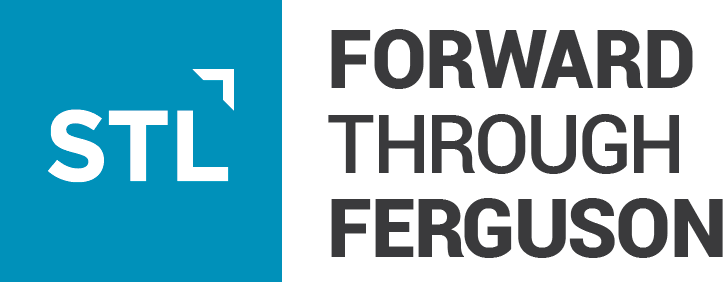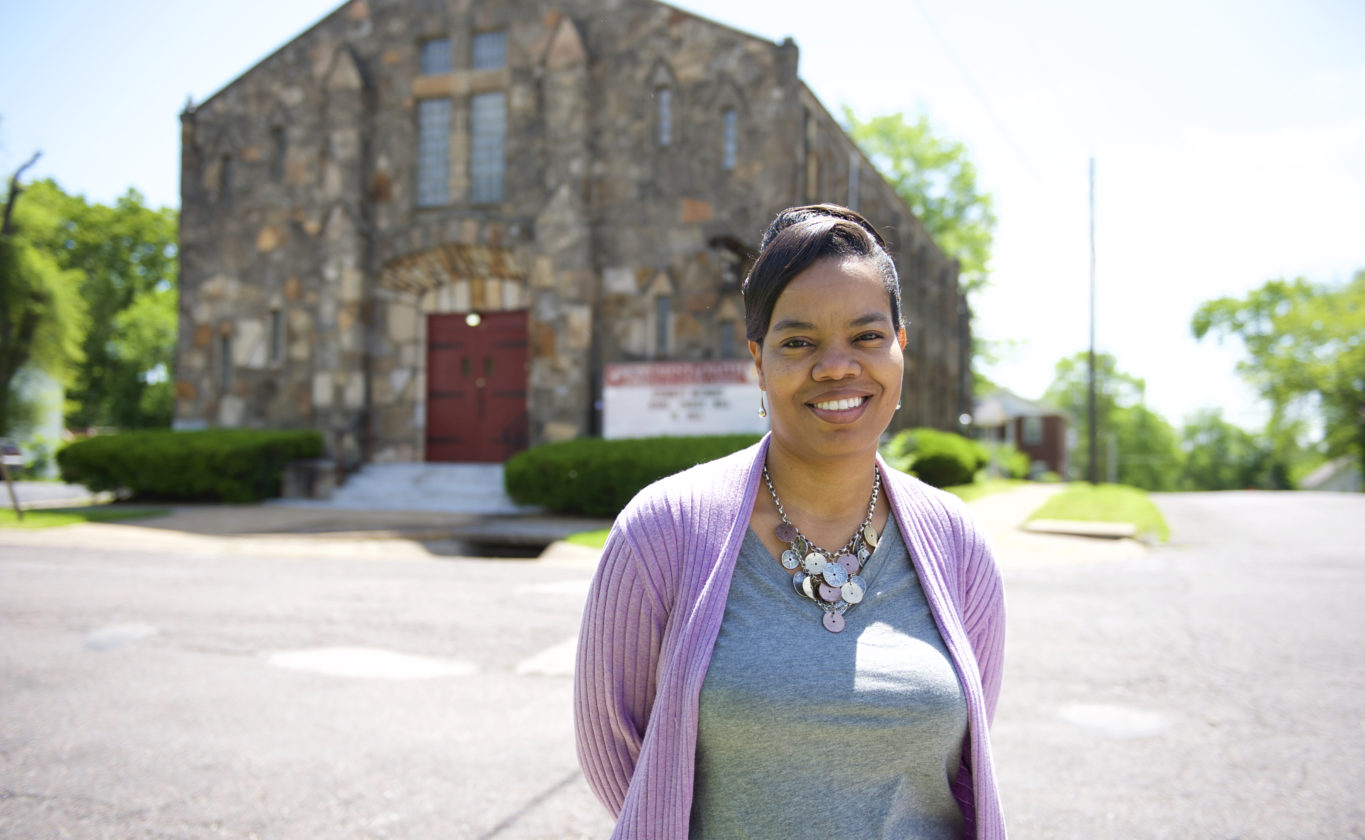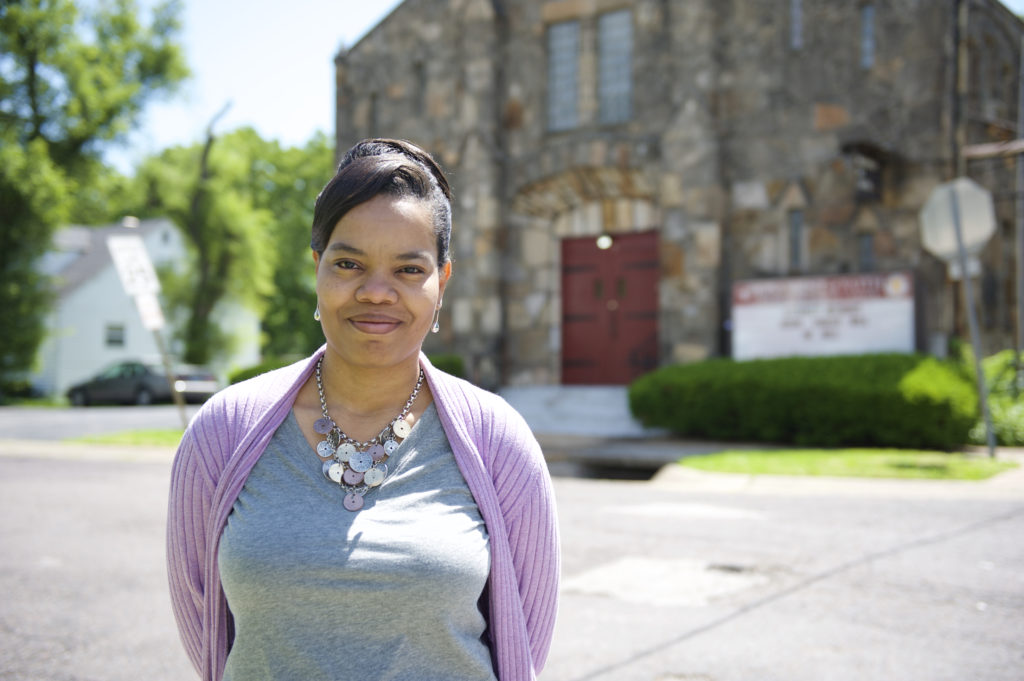
Bethany Johnson-Javois, Ferguson Commission Managing Director, photos by Lindy Drew
I would say to those frustrated 20-somethings that the best way to get to age 40 is a day at a time. In the frustration and the pain of that day, find one way to say ‘yes’ on purpose. The day-to-day doesn’t have to be about the strain. Just make it through the day. Say ‘yes’ more than ‘no.’ And say ‘maybe’ more than ‘no.’ Because ‘maybe’ might turn you into ‘yes.’ Stop shutting yourself out of opportunity by saying ‘no’ out of fear or because you don’t believe you can or because you’ve been told you can’t. And I would offer that anger has its place. Anger can be a motivator. Anger does not have to turn into violence and volatility. Anger is my fuel. Anger and love can work together. At my core, I am angry about oppression. I am angry, furious, about what we have allowed to happen on our watch. But I’ve got to use that anger and intolerance for injustice in a way in which I can engage and not shut down. So, for those who are angry, we’ve got to figure out how to channel it. And for people who aren’t angry, on the other side of the spectrum where you’re neutral, you need to get angry. You’ve got to get active and activated. Anger can be a beautiful gift we need to tap into the right way. And use that gift towards fulfilling our purpose.
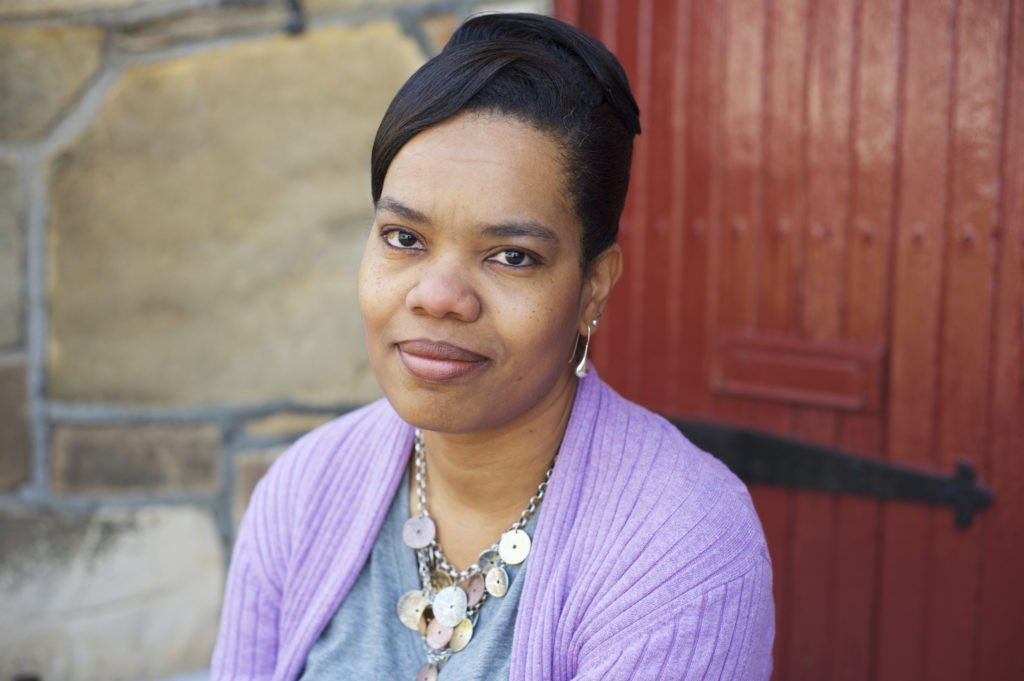
Systems are set up to favor some and disadvantage others. That’s what I care about now at age 40, but not at age 20. At 20, I was angry. It came from the pain of growing up here and going into an institution that, in 1982 — yes, 1982 — I helped to desegregate. And when I was that little, when I heard the ‘N-word’ very young, and experienced waves of classism and racism, that toxicity built up in me in ways I didn’t understand and I didn’t know was even happening. A lot of my pain came from places of rejection, from wanting to belong as a kid. It came from being different. Internalized racism affected me deeply and unconsciously. I secretly hated others with brown skin, especially other Black females, because what I hated was the me I saw in them when I looked at them. When I called this out in myself, I could own it and be healed from it. That didn’t really happen until my mid-twenties and thirties. White skin, White people, oppression — it all melded together. I had to make a choice because I saw where I was heading. I was either going to be toxic and downright venomous — and I was getting there — or, I had to make a shift and start the healing process. And I made a choice because God told me I had to do His will to be effective. His will and being effective was more important than me being justified with my pain.
Apathy is an insidious cancer… But, this neutral thing?… Waiting on someone else to fix it, or “I’m going to keep on moving up Highway 40 to get away from this?” This, to me, is tragic.
I’m still surprised by the level of institutionalized predatory behavior on poor people. I did not know it was that bad when it came to the fines and the penalties. I wasn’t fully aware of how deep this went until listening to my community. The citizen-law enforcement interactions, I knew more about that. But the institutionalized way with which that municipal system has worked, and been effective… People say it’s been ineffective, but when you have systems like this, it’s effective for somebody. It’s benefiting somebody. And for those it is benefiting, I’m surprised at the lack of morality on this issue. Apathy is an insidious cancer. If you yell at me, I’m uncomfortable, but I prefer this to silence because at least you’re engaged. But, this neutral thing? This learned helplessness and diffusion of responsibility? Waiting on someone else to fix it, or “I’m going to keep on moving up Highway 40 to get away from this?” This, to me, is tragic.
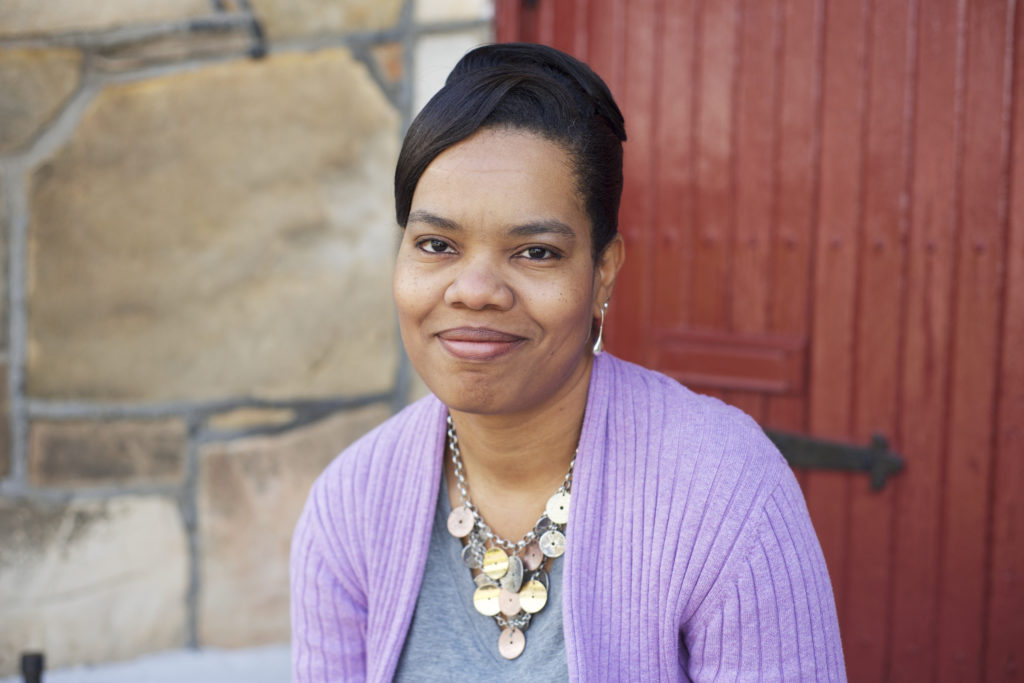
“If there was one hurt or pain you could take away, what would it be?”
The hurt of being confined by segregation would be the hurt and pain I’d want to remove. It’s like being in prison without walls. Place-based segregation, where you’re living in isolation and you don’t even know it. In some ways, even the well-to-do fall prey to the impact of place-based segregation. The missed opportunity for forming and sustaining loving and supportive relationships is one of the results of segregation. It communicates that separate and unequal is okay and we like it this way. But, we’re better than this.
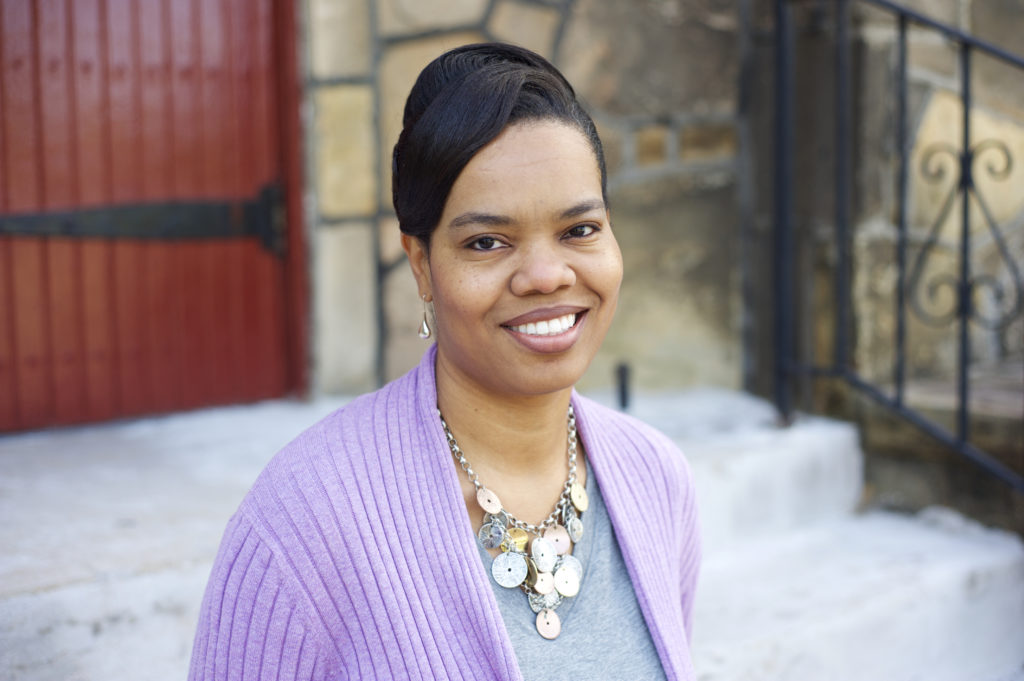
What we really need is for people to be unflinching with us and to stand in this space, in this moment, and call out what you know is not right. It’s time to go public. It’s time to say what we all know and feel. You’ve got to admit there’s a problem before you can get to healing. That’s the other thing. People are so focused on healing, healing, healing. But you cannot get to healing without acknowledging there is a problem and taking responsibility to address it. This would accelerate the work. We need to stop looking for quick fixes. We’re in it for decades. We’ve got to undo generations of this stuff. We need to look at these babies and say, “I’ve got 17 years and counting until you turn 18. It’s got to be different for you.” That would really help this work. It’s thinking generationally and thinking with truth about what really moves systems. And St. Louis has got to get out of, “We didn’t do it. We didn’t create it.” It doesn’t work. We know what works. We must garner the will to do what works.
